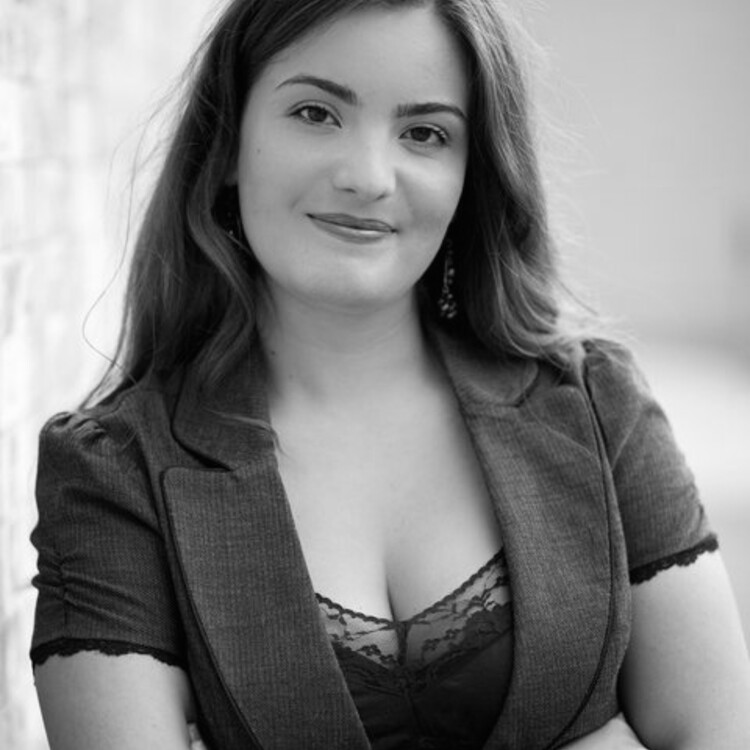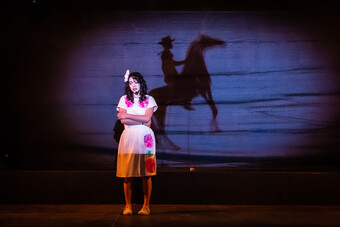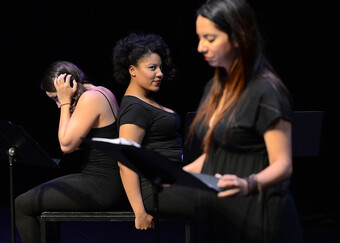The Inaugural Latina/o Studies Conference
Reflections on the Long Table & Good Company
At the Palmer House Hilton in Chicago, I had the privilege of participating in a panel that served to reflect on the 2013 Latinx Theatre Commons National Convening (LTC) at the inaugural Latina/o Studies Conference (Co-Chaired by Lourdes Torres, DePaul University; and Frances Aparicio, Northwestern University). In a long-table format (“a dinner party structured by etiquette, where conversation is the only course”), I joined Brian Herrera (Organizer & Chair), Anne García-Romero, Irma Mayorga, and Patricia Herrera, as well as ALTA Chicago leaders Ricardo Gutierrez and Isaac Gomez, and other contributors like Sandra Delgado, Marci McMahon, Lillian Manzor, and Carla Della Gatta in delectable conversation. The main course centered on a critical reflection of the convening: Our past, our outcomes, and our present. The meal overall was a conversation that sought to explore whether and how Latina/o theater-making matters within the scope of Latina/o Studies.
Upon arriving, I noticed a letter from conference organizers containing the Latina/o Studies program book. In the letter, organizers described a meeting at a LASA conference in 2012 where they discovered a communal aspiration to move from national-origin studies to “focus on the interdisciplinary impulse that shapes the work produced under the banner of Latina/o Studies.” I realized then, that the Latina/o Studies conference organizers echoed conversations had at the 2013 LTC National Convening; sentiments that what would become the very topic of conversation at our long table. Because the charla was meaty, and the energy determined, the long table discussion was one more example, of many throughout the country, of the personal connections among theatermakers that drive forward the tenets of the Latinx Theatre Commons. The long table encounter also served a familiar four-course meal consisting of: Advocacy, Convening/Networking, Art-making, and Scholarship.
Here’s how the night’s menu broke down: The discussion started with our personal reflections of the 2013 LTC Convening, and the moving experiences we had. Many of the convening attendees will recall the conocimiento groups, the listening circles, the lotería strategy breakouts, and the social gatherings that challenged us to break out of our comfort zone. Comfort zones tied to professional roles (producer, playwright, director, actor, designer, scholar), geography, or years of experience in the field. The point was that the LTC organizers designed a program that consistently pushed personal circles into wider and wider spectrums. As Brian Herrera, commented during our long table discussion: we saw the falling away of roles; scholars were no longer just observers and documenters, rather, we were included in the theater-making process. Anne García-Romero was still amazed from observing the falling away of borders and boundaries during last year’s convening. For Isaac Gomez, recently relocated from El Paso to Chicago, having a role in the Chicago satellite session at the Goodman (where groups were Skyped into the Boston-based conversation) gave him a profound sense of home—something familial and interpersonal, going beyond professional roles. This connection, we were told, resonated deeply with Marci McMahon’s students at UT-PanAm who hungered for a more informed link to Latina/o theater around the nation and sought to defy artistic and geographic isolation. The convening brought Irma Mayorga to a place where she could simply enjoy shared knowledge and the solidarity that comes with cultural specificity. We loved every “bite” of a specific example served by Irma at our mesa de palabras (or table of words): She pointed out “I know the plot of Glass Menagerie inside and out, but does everyone know Zoot Suit?” At the convening, everyone knew Fornés’s work, nobody had to explain Fornés.
I recalled a specific moment at the convening when we formed a big circle of “years in the field” and I felt maestro Luis Valdez to my left, with his fifty-two years in the field, joining hands with us “toddlers.” Anne García-Romero spoke at the long table about “learning on the fly,” and as an early career theater producer, I find myself often learning on the fly. Anne, like so many others at the table, spoke of experiences that transmitted solidarity, and comfort. The long table discussion allowed us to revisit the specifics of a monumental event. Sandra Delgado reminded us, “The [convening] structure had a spirit to it.” And the spirit of the convening has served our movimiento very well. Brian Herrera commented that theater, like the very format of the long table etiquette, “is becoming more fluid.” The scholars agreed that it is still difficult for culturally relevant work to be recognized, and concurred that they have an important role to play in the conversation regarding Latina/o theater but also in making sure that Latina/o theater has a place within the field of Latina/o Studies.
I walk away, reflection upon reflection, moved and inspired. Even now, the questions that came up at the long table stay with me: What is your fire? What is it that you are here to uniquely do? As many of us prepare to meet again in Los Angeles this fall, we will keep these questions in mind. I can’t help but to think back to the idea of a spherical journey, which is the unstoppable future of the LTC and Latina/o theater in this the US: An orbit that gets wider with each encounter, an orbit that absorbs more energy with each personal connection and contribution, an orbit: sin fin. The long table etiquette guide reads: “there is an end but no conclusion.” This “rule” remains true whether we apply to our individual paths or collective journey. Seguimos adelante hasta el próximo encuentro! (Onward until our next encounter).








Comments
The article is just the start of the conversation—we want to know what you think about this subject, too! HowlRound is a space for knowledge-sharing, and we welcome spirited, thoughtful, and on-topic dialogue. Find our full comments policy here